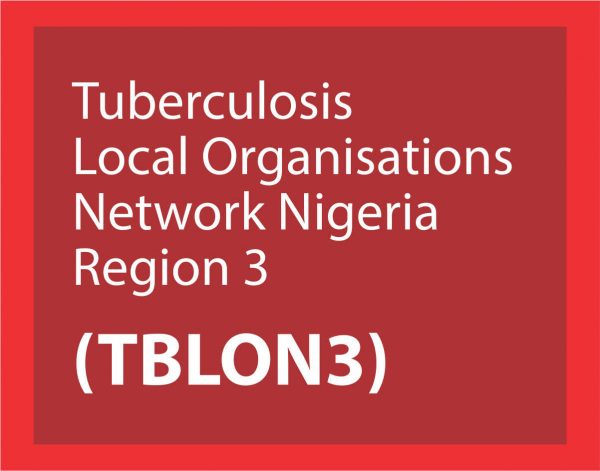SFH Management Team on a Working Visit to Gombe State
The Management Team of the Society for Family Health (SFH) embarked on a working visit to Gombe State, which was led by Dr Omokhudu Idogho, Managing Director of Society for Family Health (SFH). Members of the team were Dr Jennifer Anyanti and the Gombe SFH leadership team, which includes the Regional Technical Lead, North East and HeRON, Pharm Galadima Abare and Regional Programme Manager, Johnson Ekele
Dr Idogho joined the Executive Governor and other executive members of the State Executive Council to attend the Pharmaceutical Society of Nigeria (PSN) conference Opening Ceremony, where he was honoured with the prestigious ‘Friend of Pharmacy Award,’ recognising SFH’s unwavering commitment to the field of pharmaceutical sector as a way forward to improve the primary health care landscape.
He also paid a courtesy a courtesy visit to the Honorable Commissioner of Health, Gombe State and his team, where discussions were held on the SFH taking over the state on the HIV response, the national integration agenda and areas of mutual partnership. Dr Idogho thanked them for their hospitality and partnership to SFH, which they have extended for over 15 years of non-stop implementation of project in the state.
He later engaged with other health stakeholders, including the Gombe State Health Care Development Agency, which he was received by the Director of Community Health, on behalf of the Executive Secretary. There were fruitful discussions related to domestic ownership and a review of the achievements of various projects in the state. The Managing Direction gave a powerful call for action, starting with provisions of how SFH can further partner with the agency towards more equitable access to primary health care and the importance of meaningful engagement with communities. He was informed by the Agency that the Community Health Influencers, Promoters and Service Agents (CHIPs) were sustainably engaged by the state Government 5 years after SFH had handed over this cadre of health workers to the State on the close out of the MNH Project in 2018, with the PHCDA still funding their activities to date. The CHIPS in 57 wards were handed over to the Agency in 2018 on the completion of the MNH Programme, as is evidence of sustainable implementation in the state.
Dr Idogho and his team also extended their reach to the Gombe SACA Project Manager, where areas related to our present HIV response in the state were discussed and on SFH support to the state HIV response forward. There were also discussions relating to innovative approaches toward reaching epidemic control and ways to provide two-way feedback as partners in Gombe State’s health sector.
The team later visited some field partners: first stop was a first-hand assessment visit to a Patent and Proprietary Medicine Vendor (PPMV) named Zarma Patent Medicine Store where discussions relating to data quality, promoting the health market for PHCs such as hers and effective service delivery where accorded. He later thanked her on behalf of his team and, according to us, the opportunity to pilot innovations where quality delivery of PHC services can be done by PPMVs and Community Pharmacies.
He later led a visit to a community pharmacy, Sarash Pharmacy, an SFH supported health facility, where discussions on quality delivery of services through pharma providers can be improved.
He subsequently led the team to pay a leadership visit to the State Head Office in Gombe where he had a discussions with them on what challenges and opportunities are there in the State and appraise him on HERON and other Projects service delivery. He thanked the team for the ganechanging work in the North East, which has impacted millions of lives. Staff were encouraged to always work to deliver better outcomes for the communities.
The next stop was the SFH Gombe State NAHI Project, where he reiterated SFHs critical role in achieving health for all no matter the location. Staff were encouraged to continually put in their best for the women and girls, boys and men who were in need of SFH initiatives to build a better health outcomes and a equitable life, no matter where they live.




